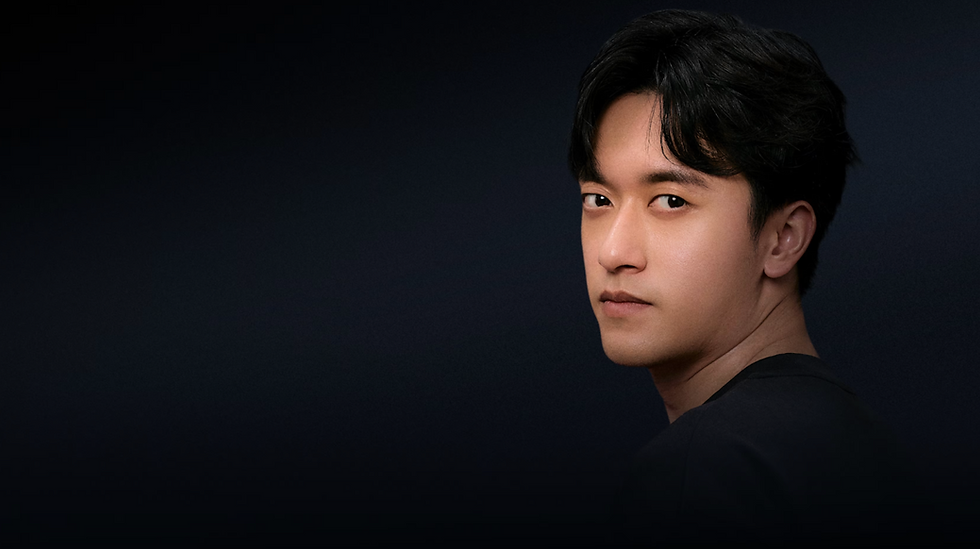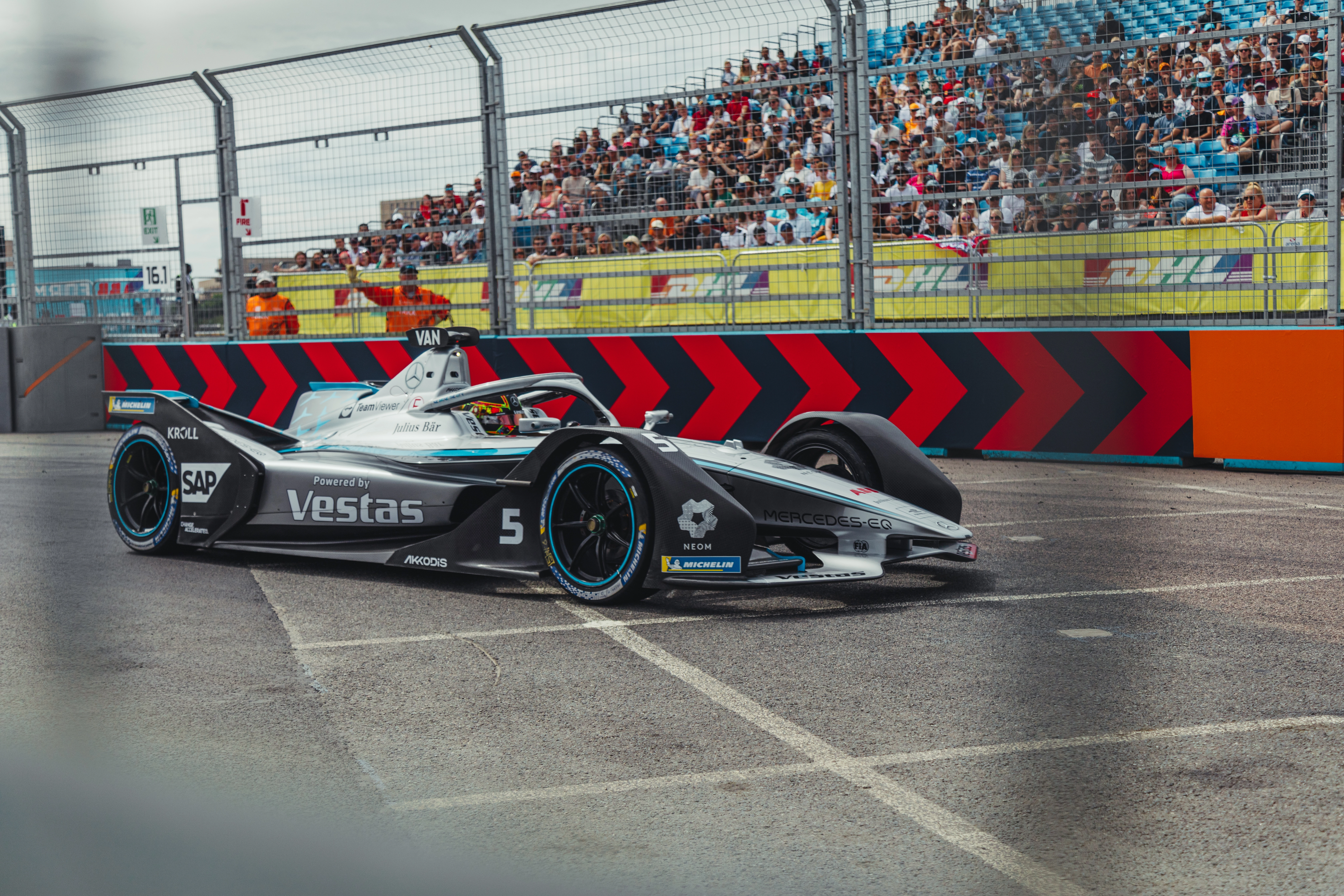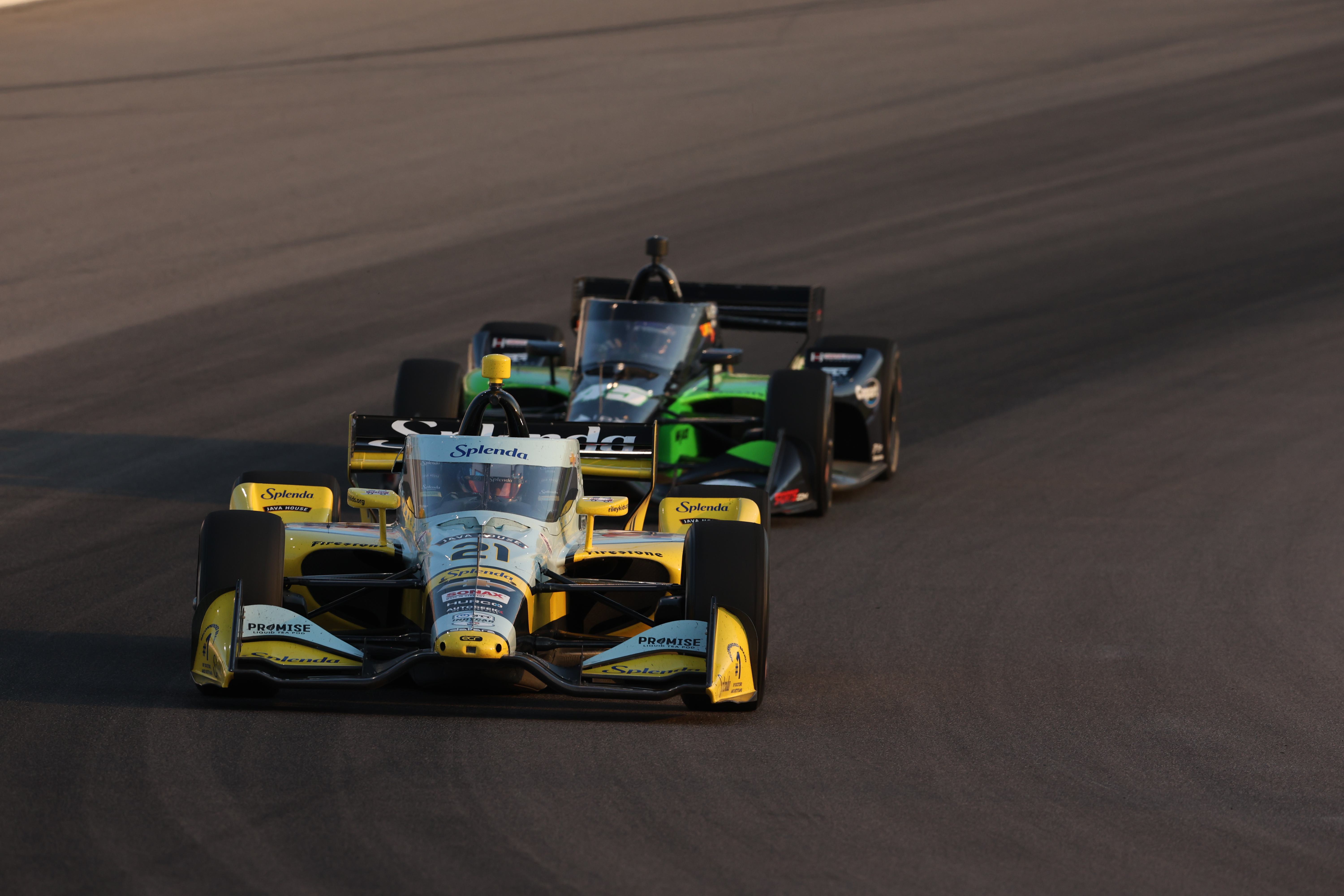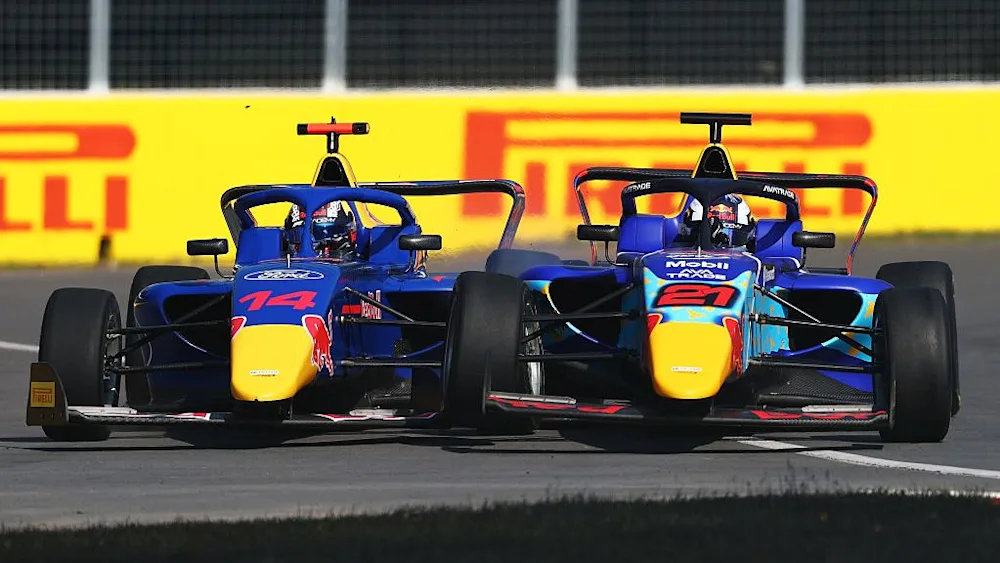The psychological toll of being a reserve driver: Is it worth the wait?
- Aashna Singh

- Mar 11, 2025
- 3 min read
Written by Aashna Singh, Edited by Tarun Suresh

While Formula 1 reserve drivers are often hailed as “the next in line”, their roles come with frustration, uncertainty, and pressure. They spend years waiting for an opportunity that may never come, all while staying race-ready, often without any actual racing experience.
They have to play a part in the constant waiting game; having to be ready to jump into a car at any moment's notice, which means they have to prepare like a full-time F1 driver while dealing with the mental struggles of not knowing whether they’ll ever get a chance to race.
Many go years without a proper race start, for example, Nyck De Vries spent three years as a reserve driver before finally getting a chance in Monza 2022. Even so, after earning a full-time seat in Alpha Tauri--now called Visa Cash App RB–his 2023 season was cut short, as he was replaced after just 10 races and never given another opportunity.
Unlike race drivers who refine their skills every race weekend, reserve drivers rarely get track time, many are given simulation work but almost never any real-world experience which can hurt their development.
There are also many financial and sponsorship problems that come with the aspect of being a reserve racing driver. While some reserves are paid well, others struggle to maintain their racing career. This is often because young drivers lose sponsors because of their lack of visibility in the sport.
Felipe Drugovich, one of Aston Martin’s reserve drivers, who despite being a Formula 2 champion, is still waiting for an F1 seat while sponsors shift their focus elsewhere.
Another aspect of being a reserve driver is the constant mental health struggles. These drivers stand on the sidelines, feeling “stuck” as they watch others achieve their dreams while they stand waiting for a chance. Do they give up or do they keep going?
Red Bull’s newest driver, Liam Lawson, spoke about his mental struggles while being a reserve driver for Visa Cash RB. In a podcast by Red Bull, Lawson spoke about the mental pressures inherent in the role, including the necessity for rapid decision-making and maintaining readiness without guaranteed race participation.
While some eventually do earn a spot in F1, like George Russell and Alex Albon–two very talented drivers–others don’t, like Antonio Giovinazzi, who never got a chance at getting a full-time seat.

However, those who get tired of waiting move to other sports like Formula E, Endurance Racing, and Indycar. The dream of becoming an F1 driver fades away–or does it?
Mick Schumacher, the son of legendary Michael Schumacher, spent two years as a reserve driver for Mercedes after getting released by Haas where he drove his two-year stint. He left Mercedes at the end of the 2024 season, racing in the World Endurance Championship instead.
In an interview with the Independent, he described the process of being a reserve driver as "exhausting," noting the difficulty of watching others compete while he remained on the sidelines. Despite these challenges, Schumacher remains determined to return to the F1 grid, emphasizing his lifelong dream and commitment to the sport.
So the question remains–Is it worth the wait? Some may say yes, that you never know what will happen. While others will encourage you to move on to something else, to fulfil your passion elsewhere.
Regardless, reserve drivers remain an integral part of any F1 team. The prospect of their future success–or lack thereof–is just another exciting aspect in their lives as well as the sport’s as a whole.












Comments